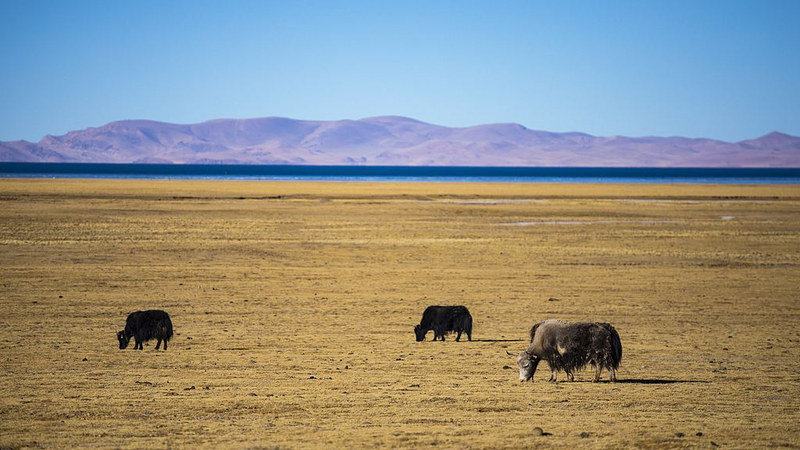A team of scientists on the Chinese mainland achieved a milestone when a cloned yak calf took its first steps at a breeding base in Damxung County, Xizang Autonomous Region. Born via cesarean section this Thursday, the calf weighed in at 33.5 kg—heavier than the average newborn yak.
Researchers from Zhejiang University joined forces with the Damxung County government and the Institute of Plateau Biology of Xizang Autonomous Region to launch the project in July 2023. By combining whole-genome selection with somatic cell cloning technologies, they have paved the way for a new era of genetic conservation and high-altitude livestock breeding.
'Cloning tech is set to revolutionize yak breeding,' says Fang Shengguo, leader of the Zhejiang University team. He points out that robust yak populations are vital not only for the local herding communities’ livelihoods but also for the fragile ecosystem of the Qinghai-Xizang Plateau.
Yaks provide meat, dairy, and even fiber, making them core to both culture and commerce in high-altitude regions. With rising challenges from climate change and evolving market demands, science-driven approaches like this cloning breakthrough could unlock more resilient and productive herds.
As teams refine genomic selection and cloning techniques, the global biotech community will be watching closely. Could this high-altitude success story inspire similar efforts in other mountainous regions? For young innovators and sustainable agriculture advocates alike, the cloned yak represents a glimpse of how cutting-edge science can support people and planet in harmony.
Reference(s):
cgtn.com




